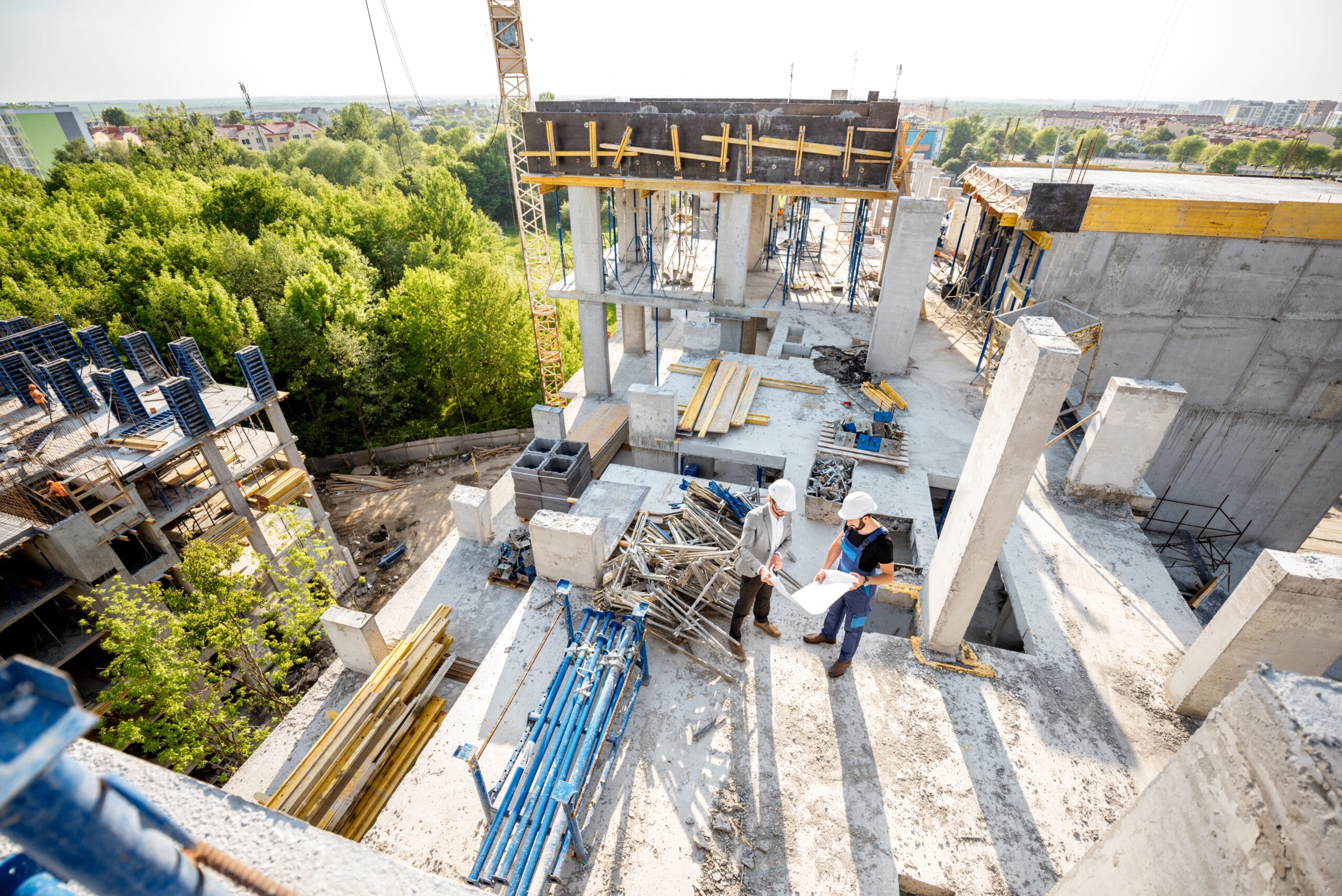Selling a property at auction can be an exciting and lucrative experience, but not every auction ends in success. In some cases, properties may fail to sell, leaving sellers disappointed and wondering what went wrong. Auctions are fast-paced and highly competitive, and the outcome can depend on a range of factors, from the condition of the property to the skill of the auctioneer.
In this article, we’ll explore the reasons why some properties fail at auction and provide practical tips on how to prevent these issues to increase your chances of a successful sale.
Lack of Experienced Auctioneers
One of the most significant factors influencing the success of a property auction is the auctioneer’s experience and expertise. Real estate auctioneers in Sydney with a strong track record of successful sales know how to generate excitement, manage bids, and create a sense of urgency among buyers. Their confidence and ability to engage the crowd can make a substantial difference in whether your property sells for the desired price or is passed in without a buyer.
Working with a skilled and reputable auctioneer is critical to maximising your property’s potential at auction. Sellers should take the time to research auctioneers, attend some of their auctions to observe their style, and choose someone with a proven history of successful results in similar markets.
Setting Unrealistic Reserve Prices
One common reason properties fail at auction is due to an unrealistic reserve price. The reserve price is the minimum amount that the seller is willing to accept, and if this price is set too high, buyers may be unwilling to place bids, leading to a failed auction.
Sellers often set reserve prices based on emotional attachment or the amount they hope to get, rather than what the market will realistically bear. To avoid this mistake, it’s crucial to consult with your real estate agent and analyse recent sales data for comparable properties in your area. By setting a competitive and realistic reserve price, you increase the likelihood of attracting bids and achieving a successful sale.
Inadequate Marketing Campaign
The success of a property auction depends heavily on how well the property is marketed in the lead-up to the big day. If your property isn’t attracting the right kind of attention or isn’t marketed to a wide enough audience, you may not have enough bidders at the auction to drive up the price.
A well-planned marketing campaign should start weeks before the auction and use a variety of channels to reach potential buyers. This includes listing the property on major real estate websites, social media advertising, targeted email campaigns, and printed materials such as brochures and flyers. High-quality photos, detailed property descriptions, and even virtual tours can help showcase the property and entice interested buyers to attend the auction.
Engaging a professional marketing team or real estate agent with a strong local presence can significantly boost your property’s exposure, increasing the chances of a successful sale.
Poor Property Presentation
First impressions matter, and if your property doesn’t look its best on auction day, it can turn potential buyers away. Properties that are poorly presented, cluttered, or in need of repair are less likely to generate interest from bidders, even if they’re in a desirable location or have other appealing features.
Investing in professional cleaning, minor repairs, and staging can have a huge impact on how buyers perceive your property. If the home looks well-maintained and attractive, it’s more likely to spark bidding competition and result in a successful sale. Consider working with a home stager to highlight the best features of the property, declutter rooms, and create a warm, welcoming environment for buyers during open homes and inspections.
Lack of Buyer Interest Due to Market Conditions
Sometimes, properties fail at auction simply because of external factors like a sluggish real estate market or a lack of buyer confidence. When market conditions aren’t favourable, even well-marketed and well-presented properties can struggle to attract the necessary competition to push the price above the reserve.
In softer markets, fewer buyers may be willing to take the risk of bidding at auction, especially if they perceive that they can negotiate better deals in private sales. To counter this, sellers should work closely with their real estate agents to assess whether the current market conditions are conducive to auctioning the property. If the market is down, it may be worth holding off until conditions improve, or considering alternative sales methods, such as private treaty.
Unclear or Unappealing Terms and Conditions
Buyers attending auctions want to feel confident that they’re making a good investment. If the terms and conditions of the sale are unclear, overly complicated, or unfavourable, it can deter potential bidders. This includes details like settlement timeframes, required deposits, or any outstanding issues with the property such as unresolved building approvals or easements.
Ensure that the terms of the sale are clearly outlined and transparent to all prospective buyers. Work with your real estate agent to address any legal or administrative hurdles well before the auction. Offering flexible terms, such as longer settlement periods, can also attract a wider pool of bidders, making the property more appealing on auction day.
Not Enough Interest Before the Auction
Auctions thrive on competition, and if you don’t have enough buyers registered or interested in your property, it can lead to a disappointing result. A lack of competition means there’s less chance for bidding wars, which are crucial for driving up the final sale price.
One way to prevent this is to gauge buyer interest early on. Hosting several well-attended open homes and providing regular communication with interested buyers can give you an idea of how much competition you can expect at the auction. If interest is lower than expected, you might consider postponing the auction or adjusting your marketing strategy to attract more bidders.
Inflexibility on Auction Day
Flexibility on auction day can make a big difference in whether or not your property sells. Some sellers are too rigid with their expectations, refusing to negotiate or adjust their reserve price even when there’s clear interest from buyers. While it’s understandable to want to achieve the highest possible price, being too inflexible can result in the property being passed in, leaving you without a sale.
Consider being open to negotiation if bids come close to your reserve price. In some cases, accepting an offer just below the reserve may be better than risking no sale at all. Keep an open line of communication with your real estate agent and auctioneer, and be prepared to make decisions based on the circumstances of the auction.
Final Thoughts
There are several reasons why properties may fail at auction, but many of these can be avoided with the right preparation and strategy. By choosing experienced real estate auctioneers, setting a realistic reserve price, investing in marketing and presentation, and being flexible with terms and negotiations, you can increase your chances of a successful sale.
Remember, auctions are dynamic events that depend on a variety of factors, including market conditions and buyer interest. While not every auction will result in a sale, taking these proactive steps can significantly improve your property’s chances of achieving a great result.














